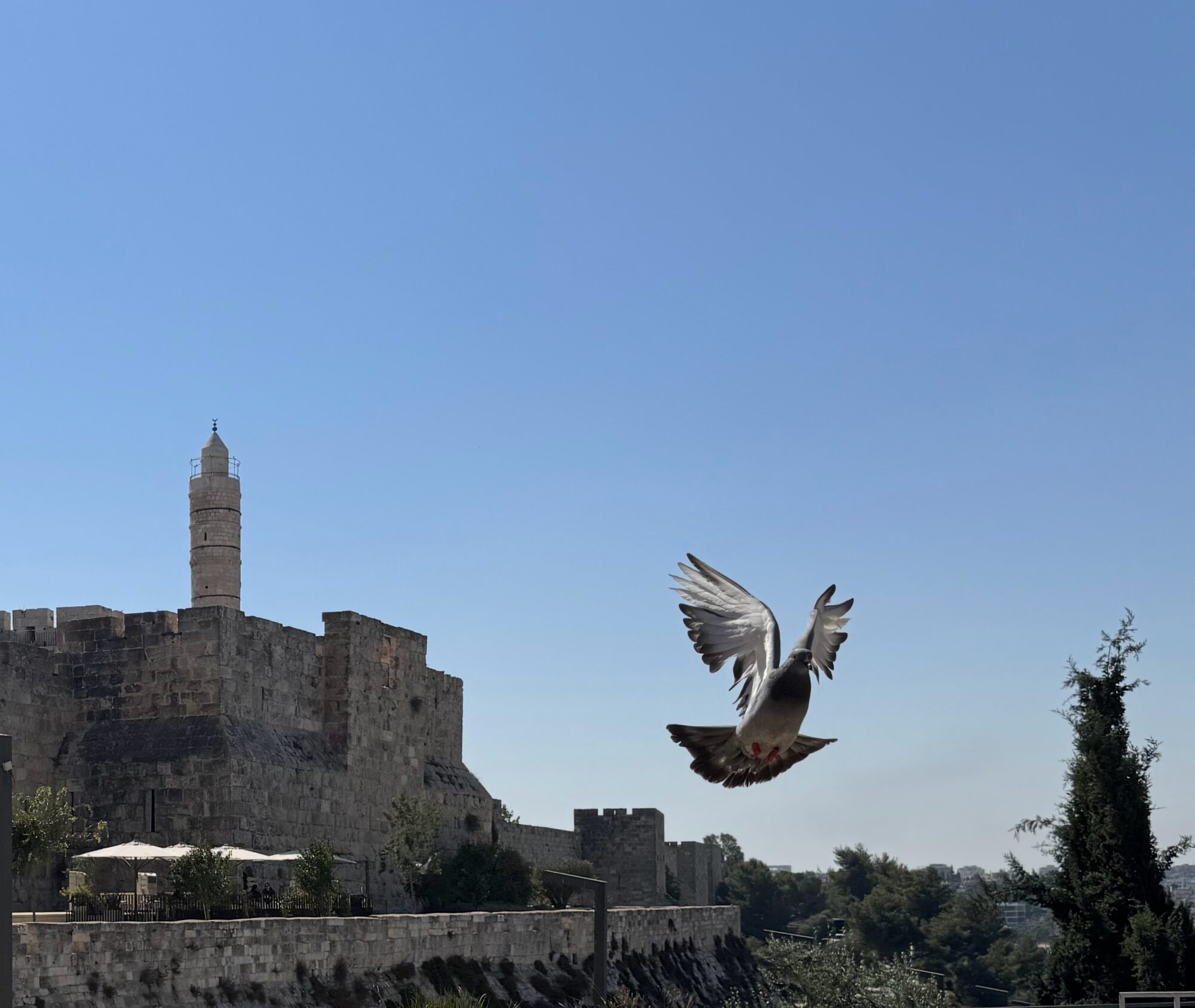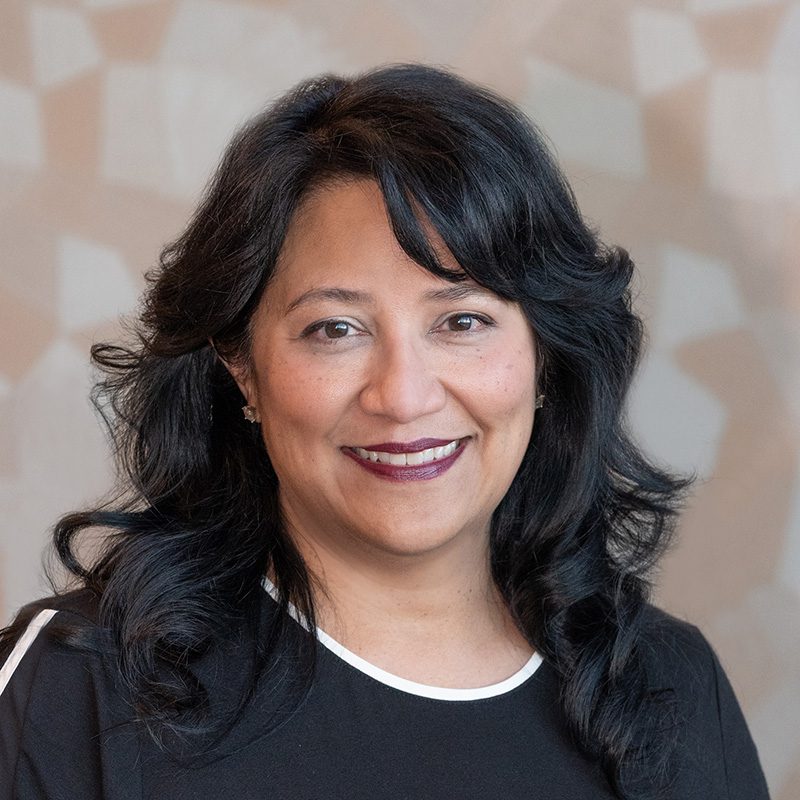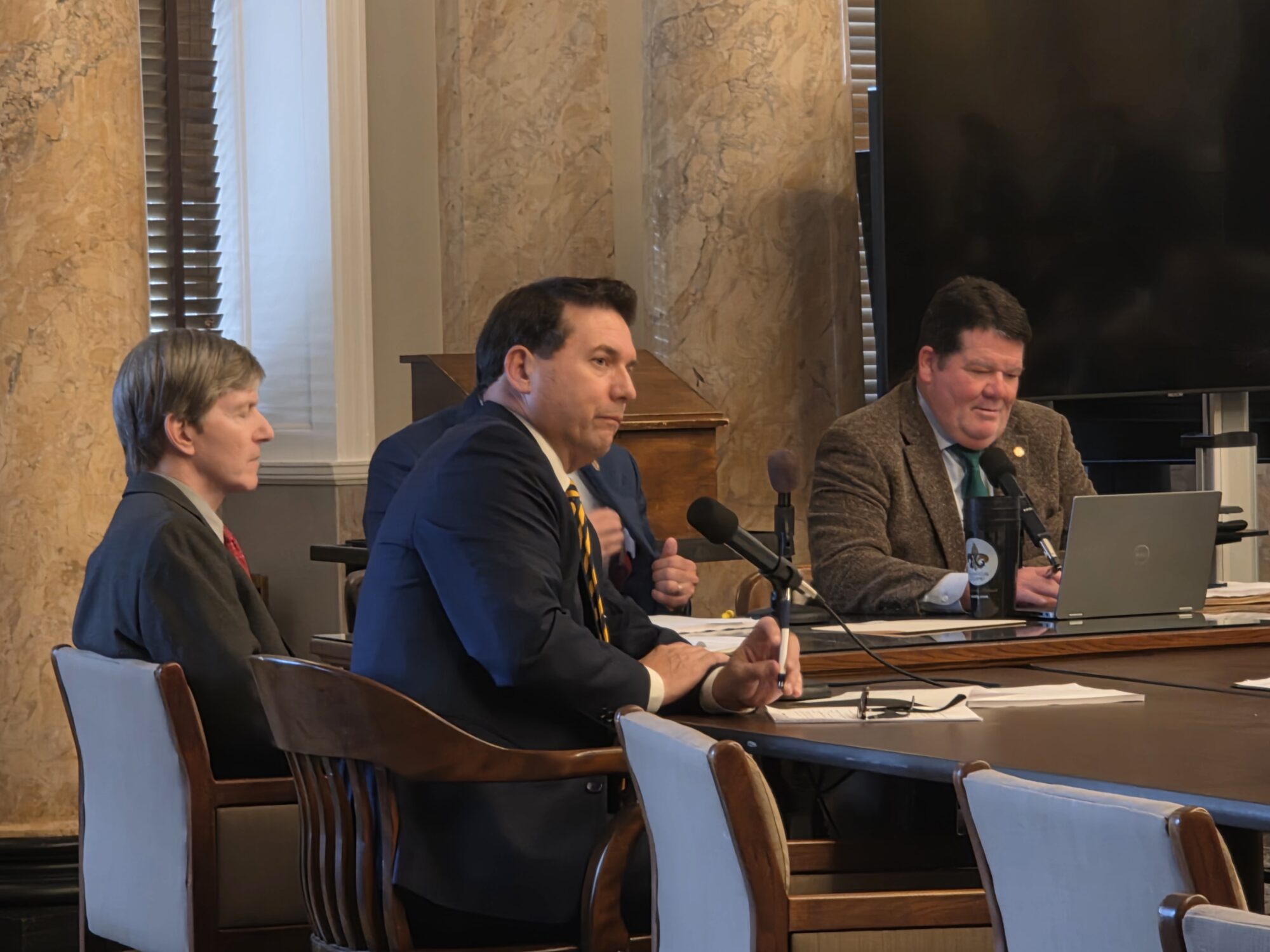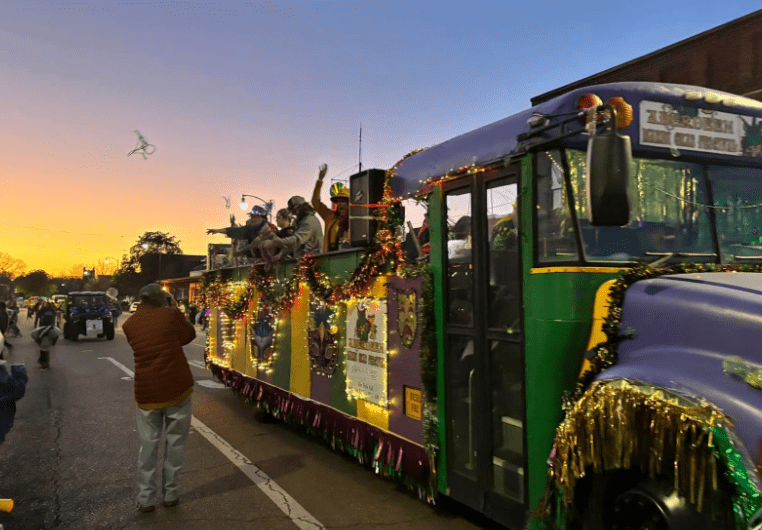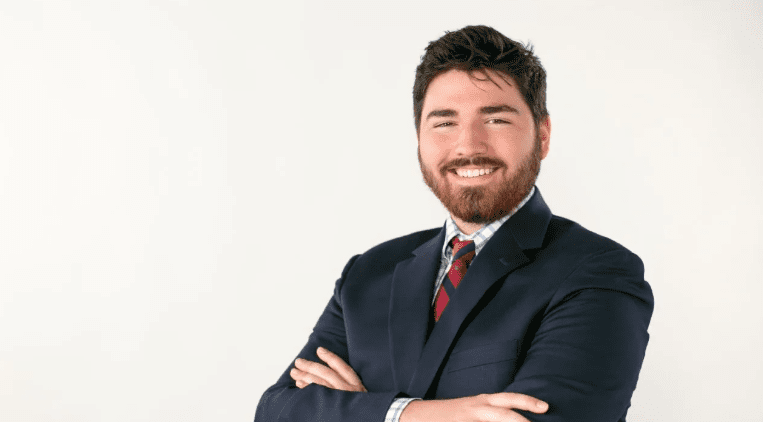
Sid Salter
- Columnist Sid Salter says politicians who ignore the intersection of religion and politics still do so at their own peril.
Several places across the country have claimed the mythical title as “the gold buckle of the Bible Belt” in asserting their faith or piety. From areas in the Southwest east to Florida and up through the Carolinas, cities and states have at various times claimed the title.
Perhaps the most infamous claim to that title came on the old “Imus in the Morning” radio show, in which the nationally syndicated shock jock Don Imus, in the form of a radio televangelist character he created named “the Rev. Billy Sol Hargis.” The fictional minister claimed his broadcast emanated from “the gold buckle of the Bible Belt” in Del Rio, Texas.
But the term “Bible Belt” refers to the regions in the U.S. where evangelical Protestantism plays a strong role in society and culture. High religious affiliation and church attendance, as well as a strong spiritual influence on politics and moral values, and cultural conservatism, characterize this area – typically including states like Mississippi, Alabama, Tennessee, Georgia, South Carolina, and parts of Texas, Oklahoma, and North Carolina.
Without question, the term “Bible Belt” was intended by some as a term of derision. But many who lived in those areas embraced the term. And while researchers from a Pew Research Center global study determined that from 2010 to 2020, the U.S. saw a 13% drop in religious affiliation, Mississippi actually remains the authentic “gold buckle of the Bible Belt” in America.
Or, stated more simply, the Pew Research Center study showed Mississippi to be the most religious state overall.
The research showed that 50% in Mississippi (the highest in the nation) are “highly religious” based on an overall scale of religiousness. The data shows that 61% of Mississippians say religion is vital in their lives, 54% say they attend church at least monthly, 62% say they pray daily, and 74% say they believe in God or a universal spirit with “absolute certainty.”
All of the percentages in that religious profile of Mississippi were highest in the U.S. responses. A deeper dive into the Pew Research Religious Landscape Study revealed that in 2023-24, 77% of Mississippians identified as Christians, with 42% labeling themselves as “Evangelical Protestant.” Other religions (Jewish, Muslim, Buddhist, Hindu, other world religions, Unitarians, New Age, and Native American religions) accounted for 1%.
Some 18% identified as “religiously unaffiliated” with 4% atheist, 2% agnostic and 13% “nothing in particular.” Some 3% of Mississippians surveyed declined to answer. The reported margin of error was 7.7 points.
An interesting comparison among Mississippians was between those who believed in Heaven (80%) and those who believed in Hell (76%). A whopping 90% of Mississippians believe in a soul or spirit.
There is no question that Mississippians are pretty comfortable at the intersection of religion and politics. Despite having the lowest per capita income, Mississippians are consistently generous in donating their resources to help others through charity, usually ranking among the top 10 states or higher. So-called “sin taxes” and the old “blue laws” are still part of the lexicon in rural areas of the state.
Mississippi’s strong anti-abortion stance is, for many here, firmly grounded in their religious beliefs. In 2022, the Mississippi case Dobbs v. Jackson Women’s Health Organization case was the vehicle through which the Supreme Court ruled that there existed no federal constitutional right to abortion, effectively overturning the original 1973 ruling.
Second Amendment rights are valued in the state with an almost religious fervor. The template for most successful politicians over the last 40 years has been opposition to abortion and support for both gun rights and the death penalty.
Beyond that template – other issues such as health care, mental health, economic development, and tax policies – seem slightly more negotiable. But politicians who ignore the intersection of religion and politics still do so at their own peril.
